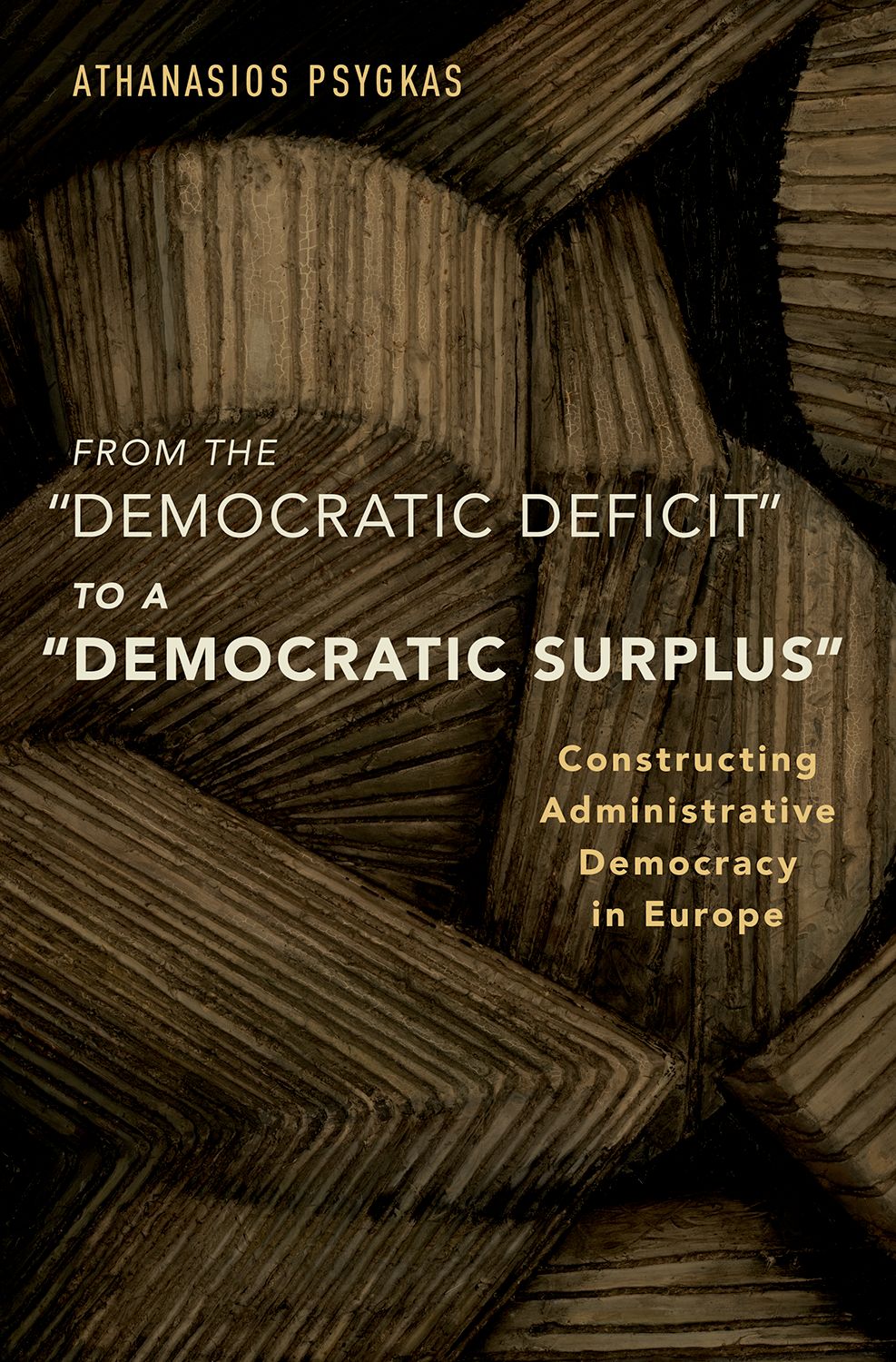By Dr Athanasios Psygkas, Lecturer in Law (University of Bristol).
 When academics, policymakers, media commentators, and citizens talk about a European Union (EU) “democratic deficit,” they often miss part of the story. My new book, From the “Democratic Deficit” to a “Democratic Surplus”: Constructing Administrative Democracy in Europe (Oxford University Press, 2017), challenges the conventional narrative of an EU “democratic deficit.” It argues that EU mandates have enhanced the democratic accountability of national regulatory agencies by creating entry points for stakeholder participation in national regulation. These avenues for public participation were formerly either not open or not institutionalized to this degree.
When academics, policymakers, media commentators, and citizens talk about a European Union (EU) “democratic deficit,” they often miss part of the story. My new book, From the “Democratic Deficit” to a “Democratic Surplus”: Constructing Administrative Democracy in Europe (Oxford University Press, 2017), challenges the conventional narrative of an EU “democratic deficit.” It argues that EU mandates have enhanced the democratic accountability of national regulatory agencies by creating entry points for stakeholder participation in national regulation. These avenues for public participation were formerly either not open or not institutionalized to this degree.
By focusing on how the EU formally adopted procedural mandates to advance the substantive goal of creating an internal market in electronic communications, I demonstrate that EU requirements have had significant implications for administrative governance in the member states. Drawing on theoretical arguments in favor of decentralization traditionally applied to substantive policy-making, the book illustrates how the decentralized EU structure may transform national regulatory authorities into individual sites of experimentation and innovation. It thus contributes to debates about federalism, governance and public policy, as well as about deliberative and participatory democracy in the United States and Europe. (more…)

